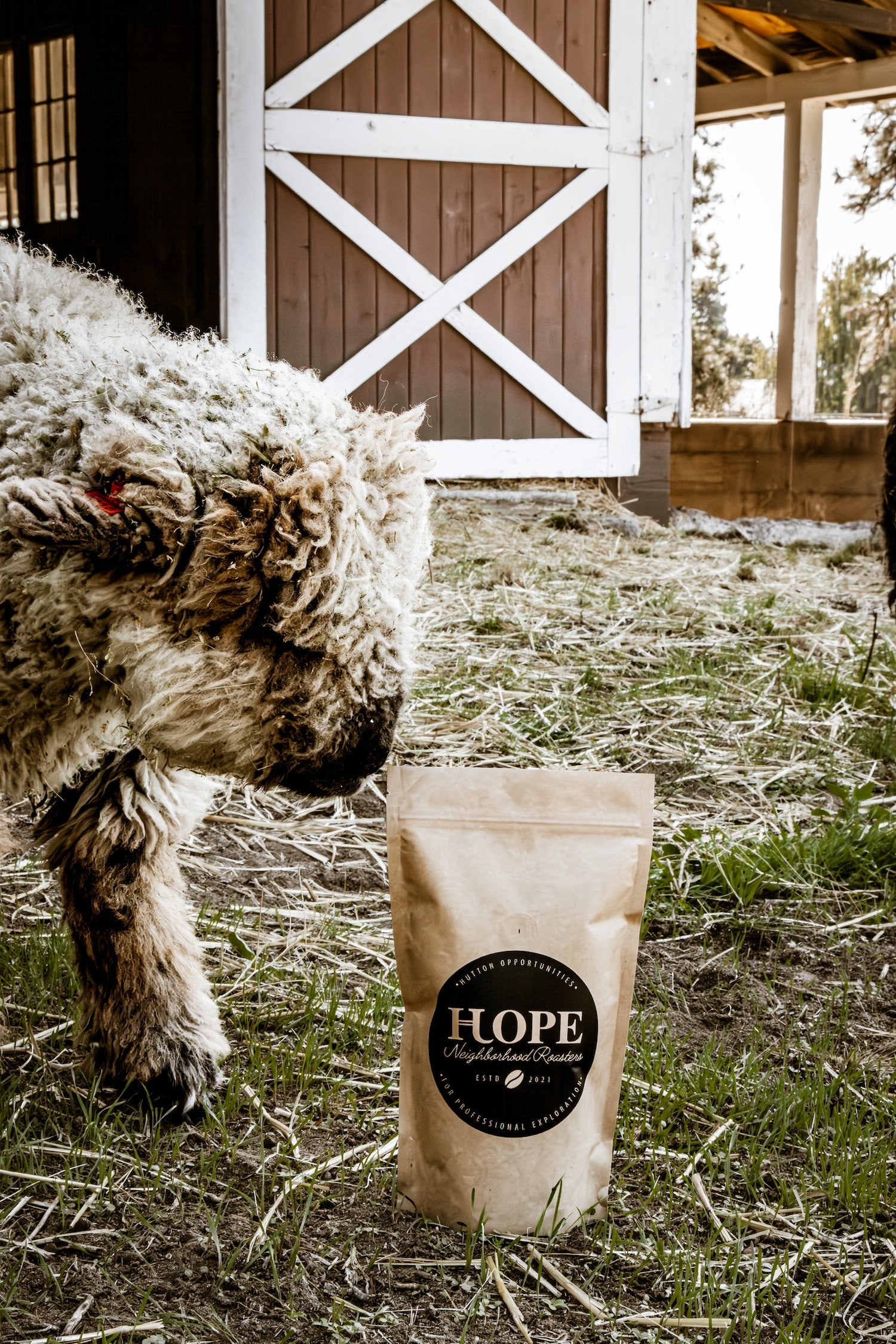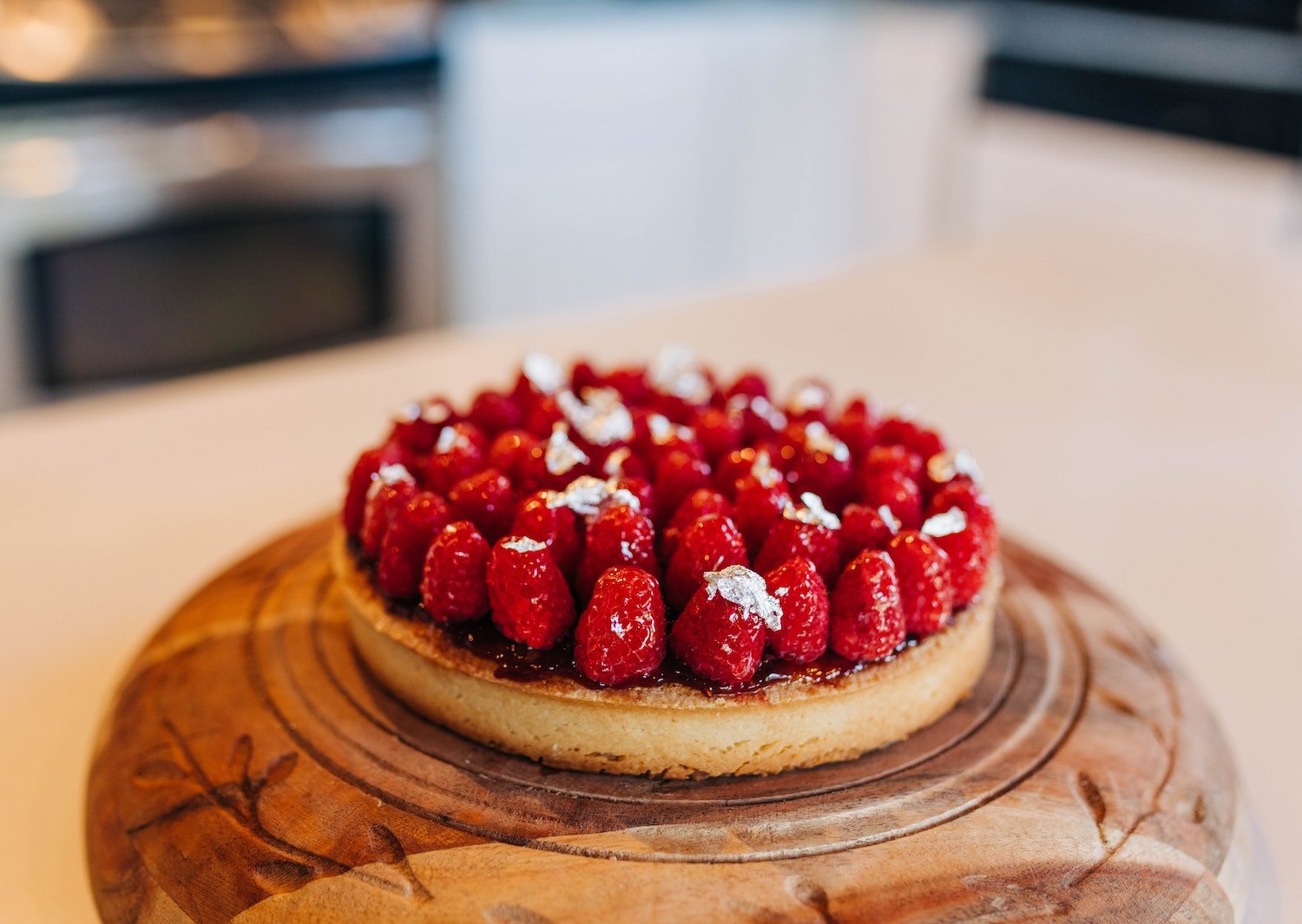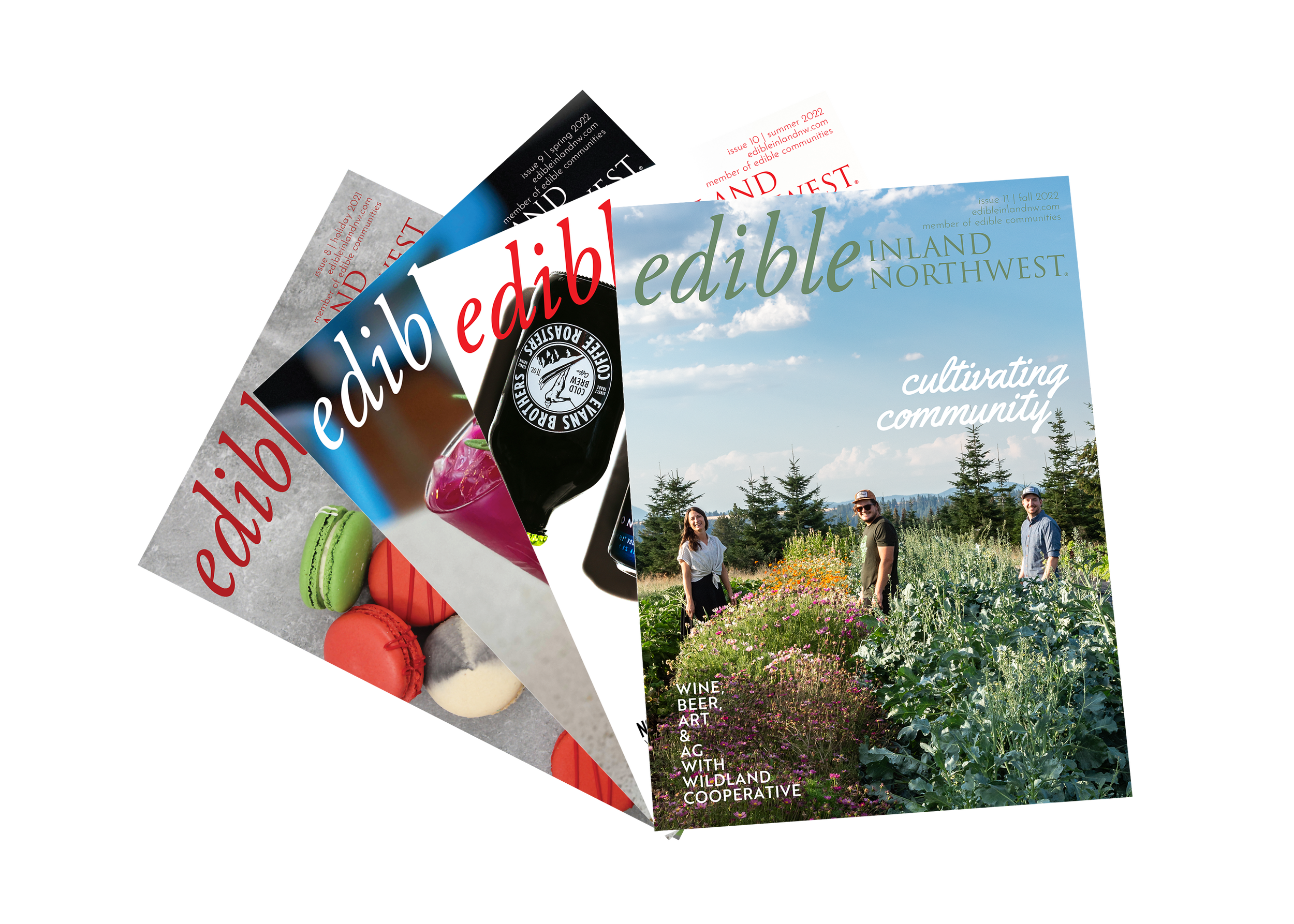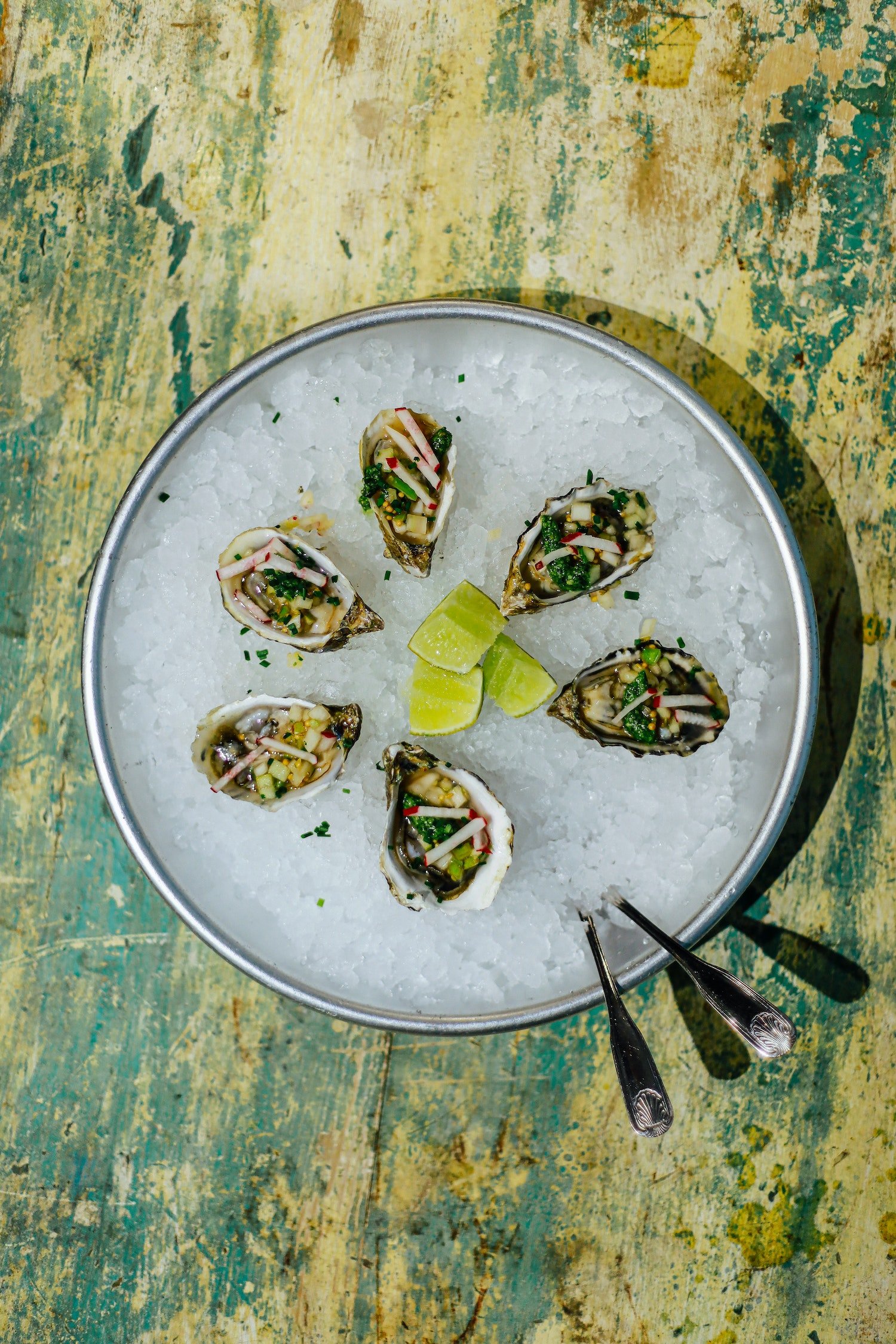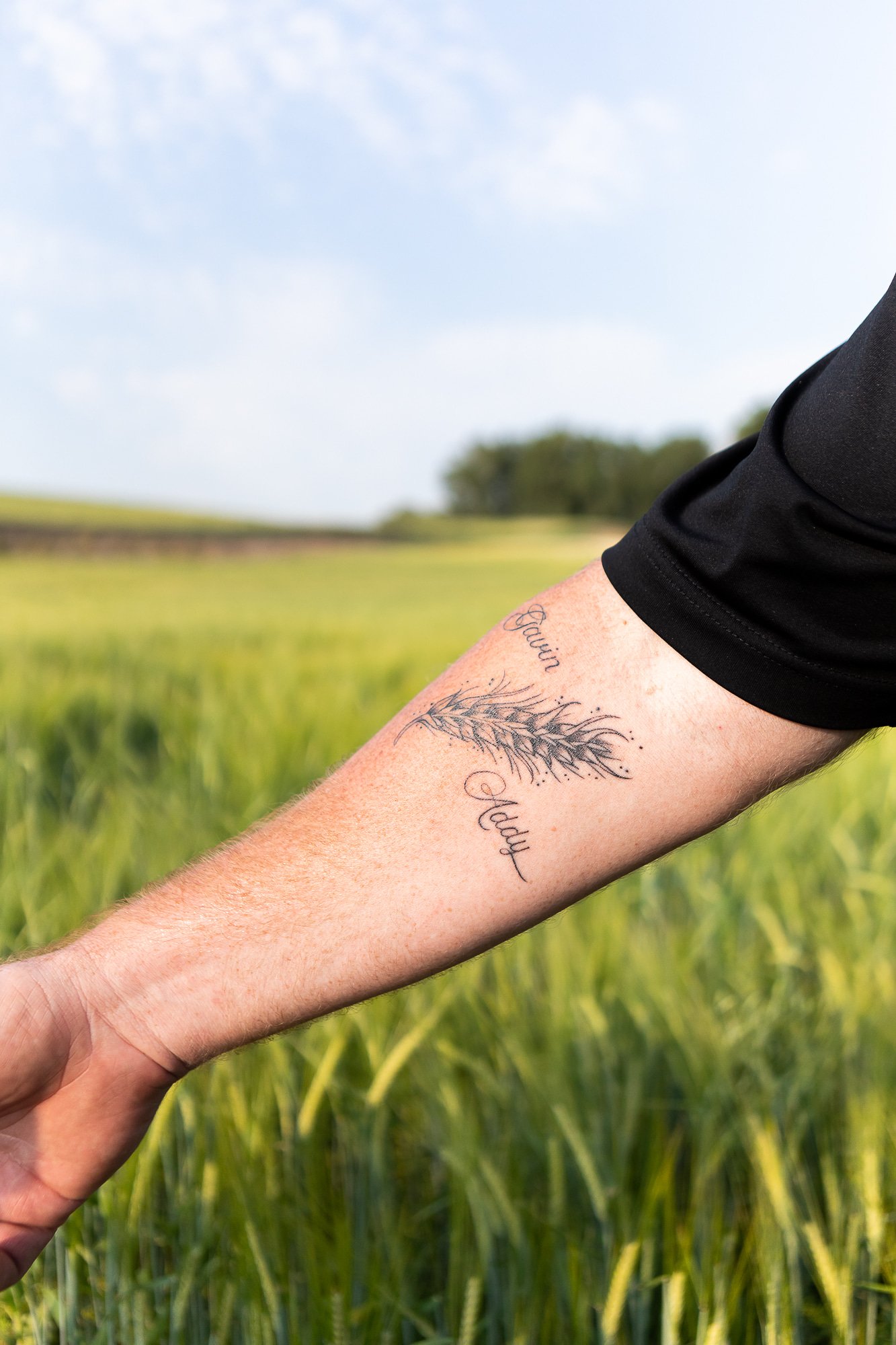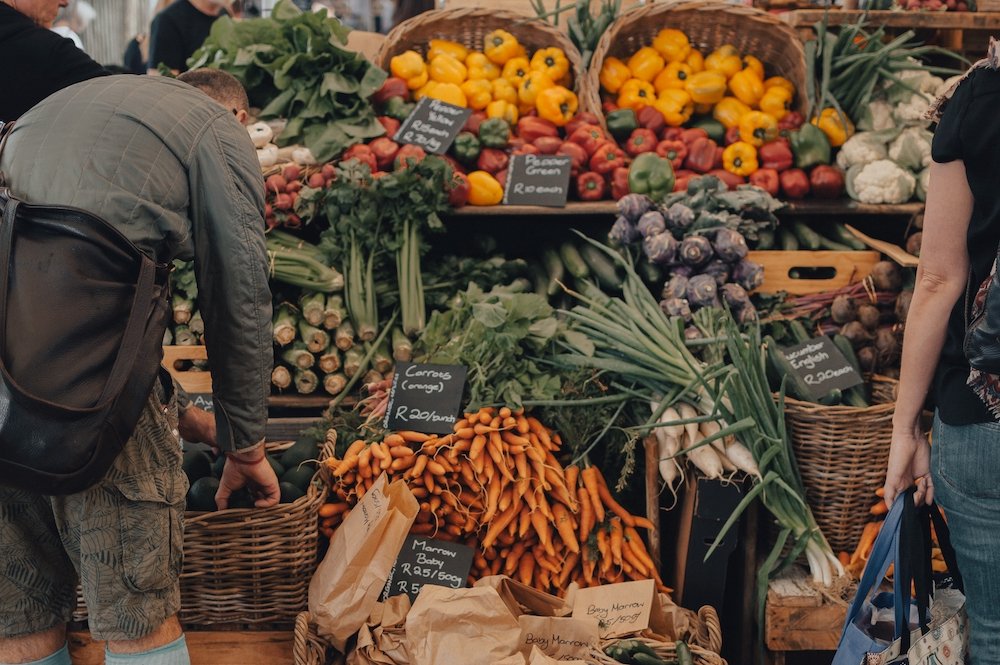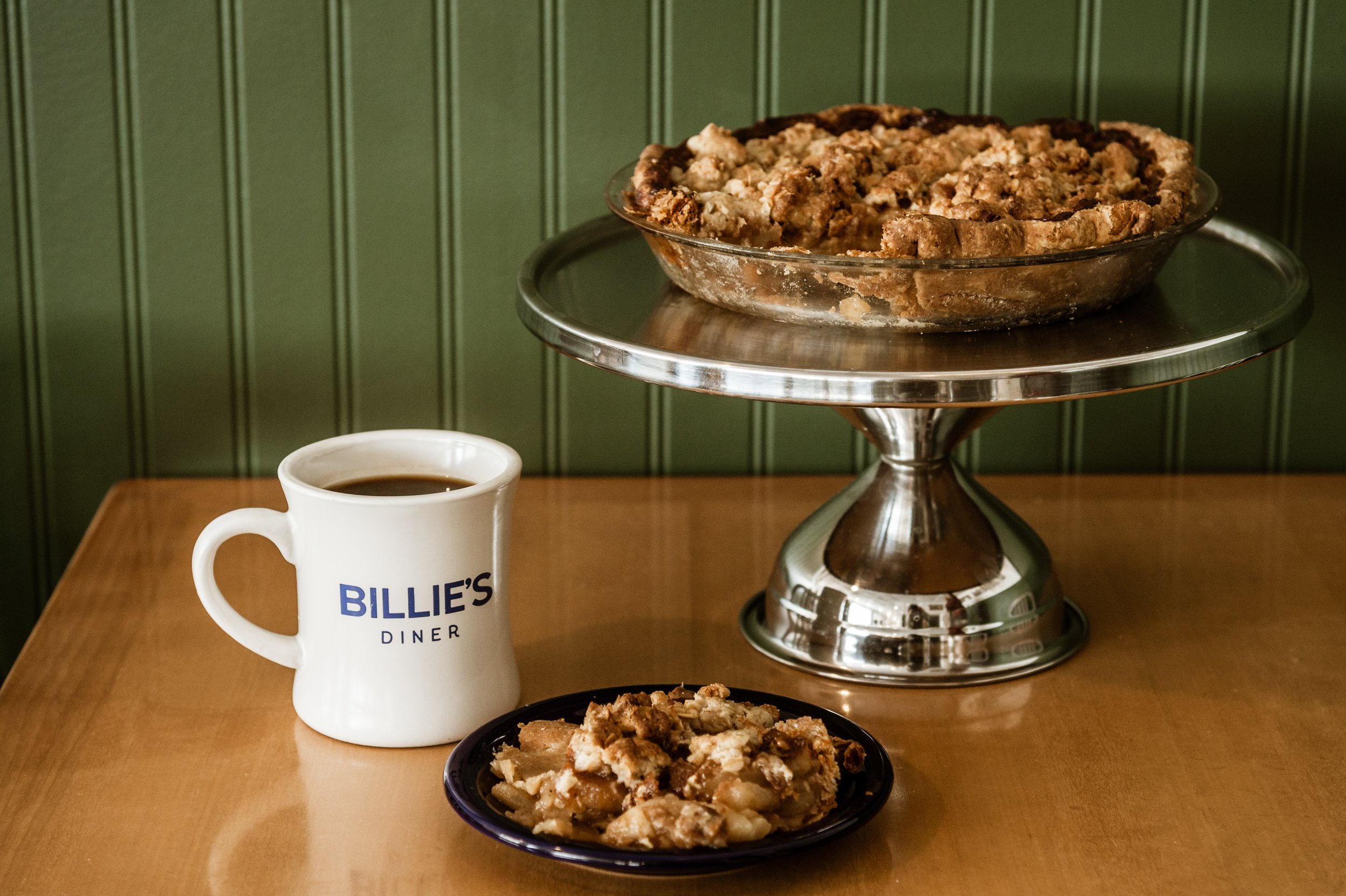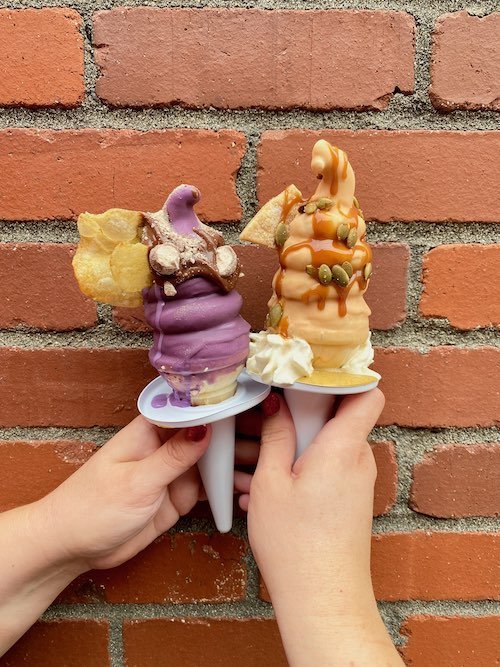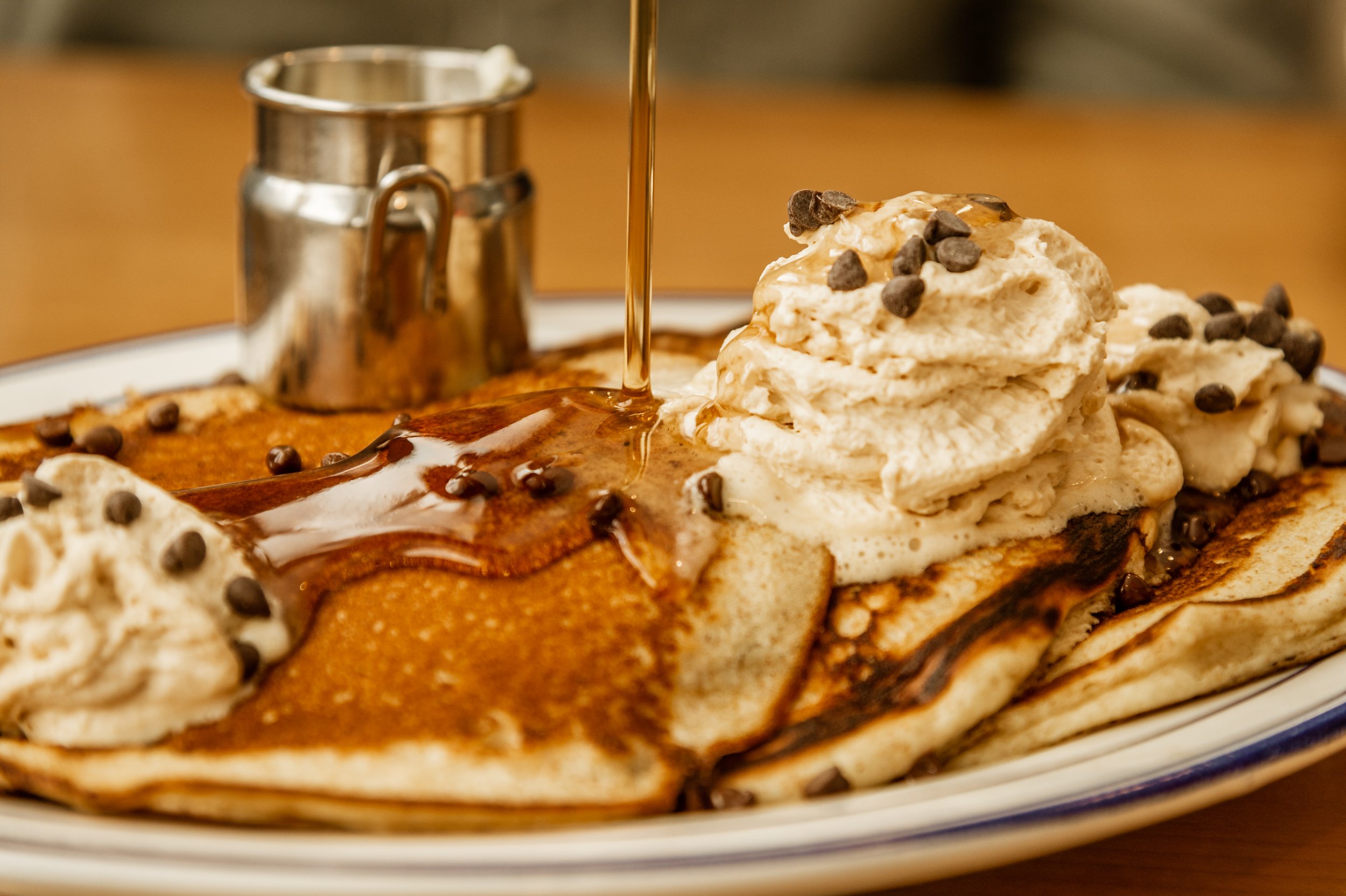Food is Love: Sharing a Passion for the Spokane Community With Celeste Shaw of Chaps
(© Ari Nordhagen)
Food is Love: Sharing a Passion for the Spokane Community with Celeste Shaw of Chaps
BY ANNA SENCHENKOCeleste Shaw is one of the most recognizable personalities around town.
Many know her from Chaps, her signature eatery that has been feeding crowds of hungry brunchers who have flocked to the Latah Creek farmhouse for over 15 years. Her Kendall Yards coffee shop, Paper and Cup, closed in June 2020, a victim of the COVID-19 economy. She also owns Lucky Vintage & Pretty Things, the Vinegar Flats boutique that is a go-to for gifts, crafted home goods and curated antiques. Others might recognize her from the Gonzaga commercial that airs during basketball games featuring her as one of the school’s many success stories.
But while all of these outward achievements are enough to keep her busy 24/7, Shaw’s benevolent work behind the scenes doesn’t get as much attention. In the past, the Montana native traveled to Rwanda with Healing Hearts Northwest and volunteered her experience as a nurse. She is also active in the local arts community, even serving as host for the arts non-profit Terrain’s annual fundraiser.
So it should come as no surprise that in the days following the mandated shutdown, instead of worrying about her businesses, Shaw devised a plan to benefit others who she knew would struggle in our local food economy. With the help of Washington Trust Bank and Spokane Valley-based Zome Design, Shaw started selling shirts and aprons that would benefit Big Table, a non-profit that provides support and resources to restaurant and hospitality workers in crisis.
The message being spread was simple, but universal: “food is Love.”
We sat down with Celeste to experience her hospitality, hear her take on the outlook of the restaurant business and why “food is Love.”
What are some of the issues you faced with closing and re-opening?
In response to the 2020 pandemic, all segments of the industry are struggling, trying to make do with limited take-out and home delivery. Unfortunately, neither appears to be enough to ensure survival for the majority of restaurants. New regulations about social distancing, on-premise seating capacity and safe work environments will be all but impossible to meet for most traditional restaurants. Food shortages, limited staffing and shorter hours all increase the stress of remaining afloat.
Loan programs were created to help, but the hospitality industry could hardly adapt to the restrictions to apply for and utilize them. Coming out of a difficult winter into the COVID-19 closure with razor-thin margins is enough to steal from my most hopeful convictions.
Opening restrictions are 50%, while rent and many other costs are all at 100%.
Fewer seats combined with significantly higher costs for safe service and labor will inevitably translate into higher menu prices. Even those prices may not be enough to make reopening feasible for many places.
I made a phone call to my insurance broker of 30-plus years, who explained that this coronavirus business interruption wouldn’t be covered. I know it was as devastating to him as it was to me.
Have there been times that you felt powerless in the past few months?
For most of the closure, there was no clear directive from authority. Chaps is very personal to me; it has been my life for 18 years. It’s hurtful to me as we all in the industry are fighting for survival and a new normal that people would go online and write poor reviews. I feel helpless everyday and sad, yet optimistic there will be recovery.
So did you get emotional seeing all the support on Mothers’ Day?
That oatmeal is possibly the most simple, yet beloved, recipe I have.
Resources for restaurants at that point had been almost non-existent, but it was Mothers’ Day, which I had not missed serving in 14 years. I made the decision that it would be our swan song and we would end with serving my grandmother’s oatmeal.
I was in the kitchen cooking and breaking news came across my phone. The alert said that Chaps had closed Highway 195 with traffic.
I walked outside and was pierced by what was taking place in the parking lot. A unity of Spokane: parents, children, pets, neighbors, friends, strangers.
It was one moment in time so powerful I went to my knees in tears. Not for me or for Chaps, but that we all came together for that one single moment and showed we mattered to each other.
Where did the “food is Love” concept come from? What has been its impact both locally and beyond?
It is a slogan I borrowed from my maternal grandmother when I opened in 2006. She would have fed the world if they knocked on her door, and if they couldn’t make it, she still would have found a way to serve them.
“food is Love” represents a concept of serving something bigger than yourself. It’s not about food or cuisine—it’s about serving. What do you feed your soul, what do you feed into your community, what do you feed into your family or your faith?
We sent items to nearly every state, and five different countries. Seeing the sharing of photos and stories of those wearing them reinforces the message of what “food is Love” represents.
The funds from the initial campaign were dispersed throughout the community to families in need.
What has the re-opening process been like for you and your team?
The work itself—cooking delicious food, serving it and cleaning up afterward—still feels as fresh and honest and immensely satisfying as ever.
However it doesn’t feel viable quite yet. Since closure on March 16th, I had been silent, inside the shuttered restaurant I own. Cleaning, everyday a new task, the constant studying of the news briefings and minute by minute changes.
Our plan must be flexible because operating a restaurant is always a process loaded with confusion, complexities and potential landmines. Constantly changing state and federal regulations, various cleaning and sanitizing requirements and labor issues all present unique challenges almost no operator has gone through.
In addition, there is concern and confusion over a sustainable wage and returning to work with the capability of supporting families.
What are restaurants going to need to do to survive going forward?
Everybody’s saying that restaurants won’t make it back, that we won’t survive. I imagine this is at least partly true: not all of us will make it, and not all of us will perish. But I can’t easily discern the determining factors, even though thinking about which restaurants will survive—and why—has become an obsession these past weeks.
What delusional mind-set am I in that I just do not feel that this is the end—that I find myself convinced that this is only a pause, if I want it to be? The conversation about how restaurants will continue to operate, given the rising costs of running them, has been terrifying. I want to remain in denial as we navigate; the reality of letting go is simply too painful.
Shoulder to shoulder we are all in mourning as we read daily restaurant obituaries. I’m not sure there is a survival answer, changes have transcended from weekly and daily to hourly, but we’re still here.
About Chaps
CHAPS
chapsgirl.com
509.624.4182
4237 S. Cheney-Spokane Road
Spokane, WA 99224






